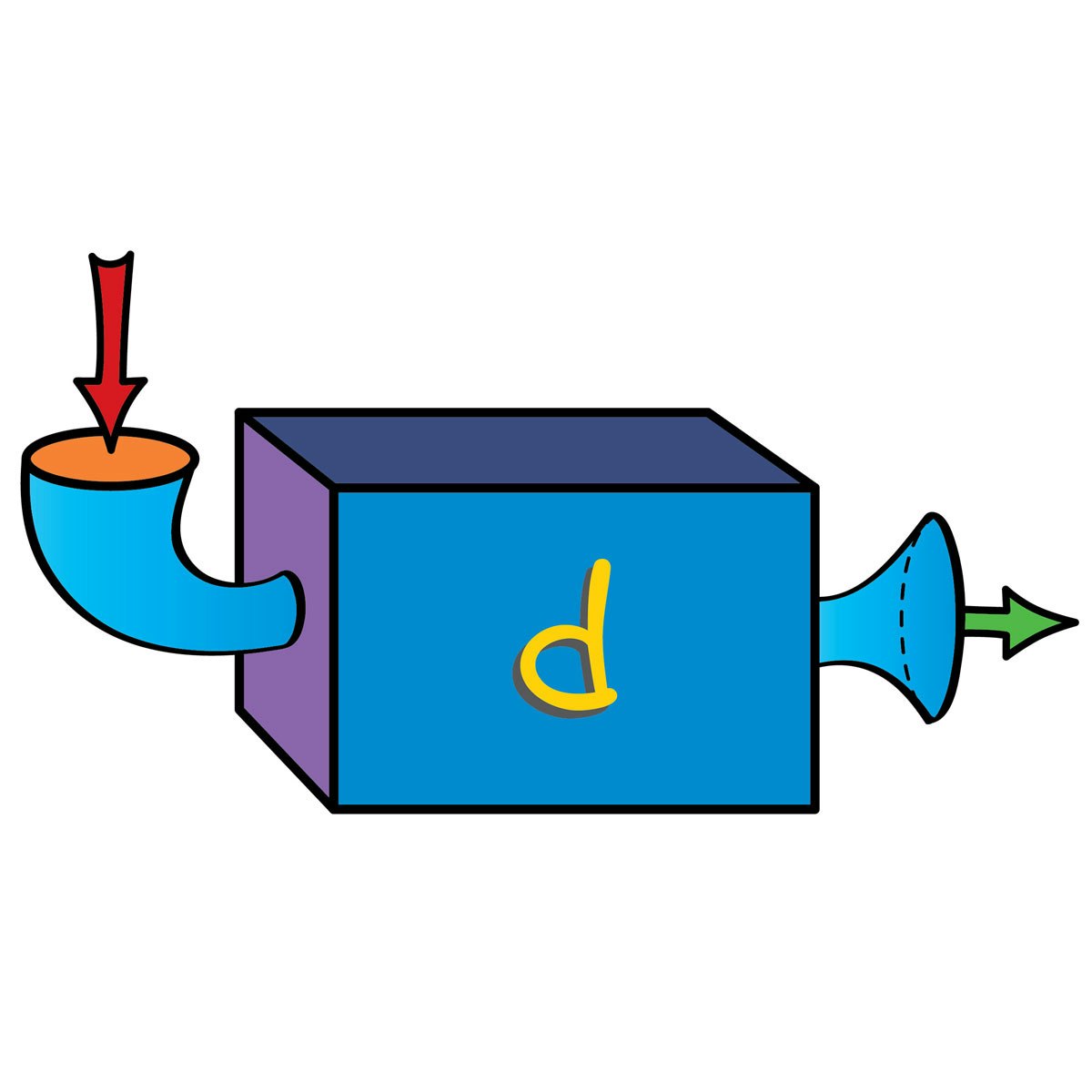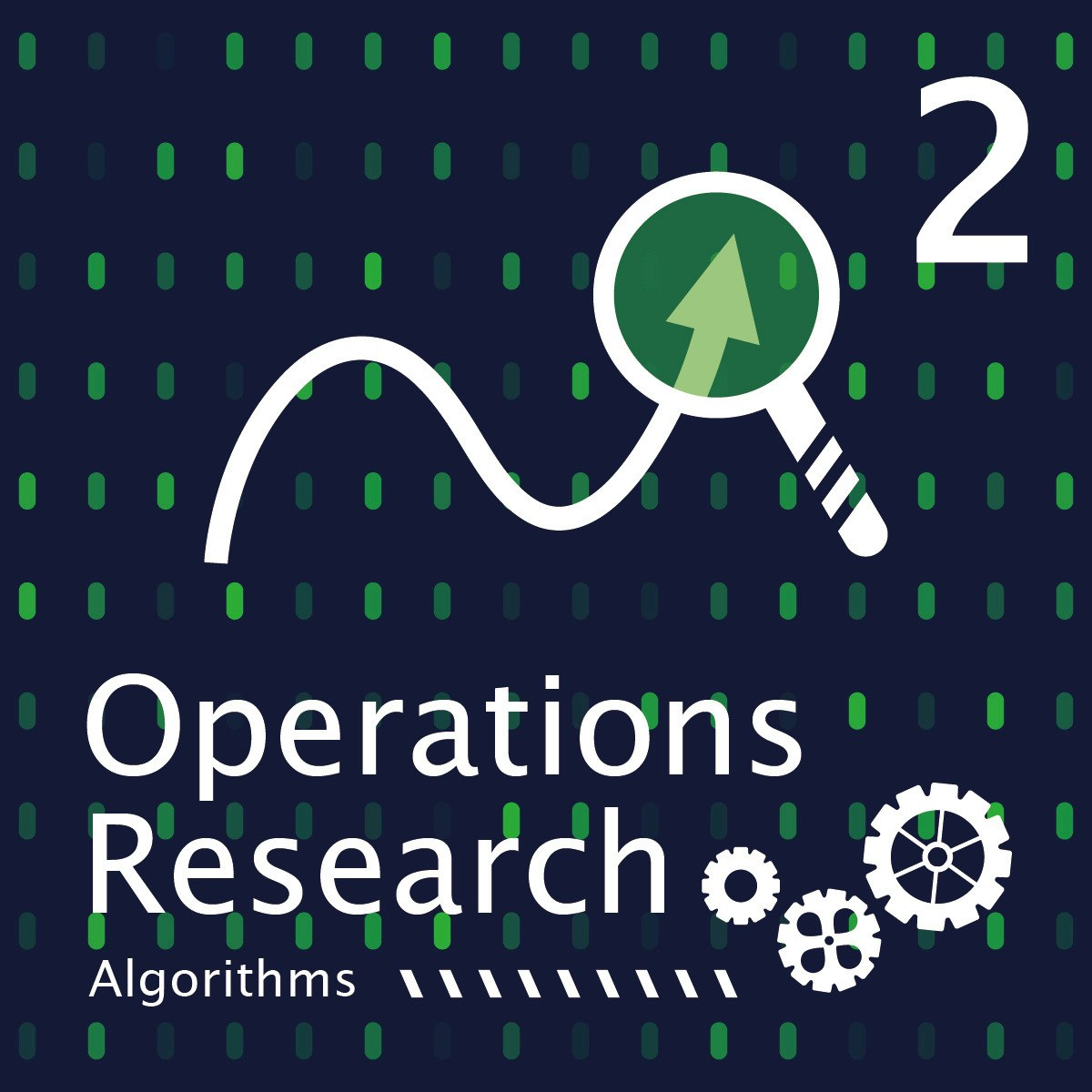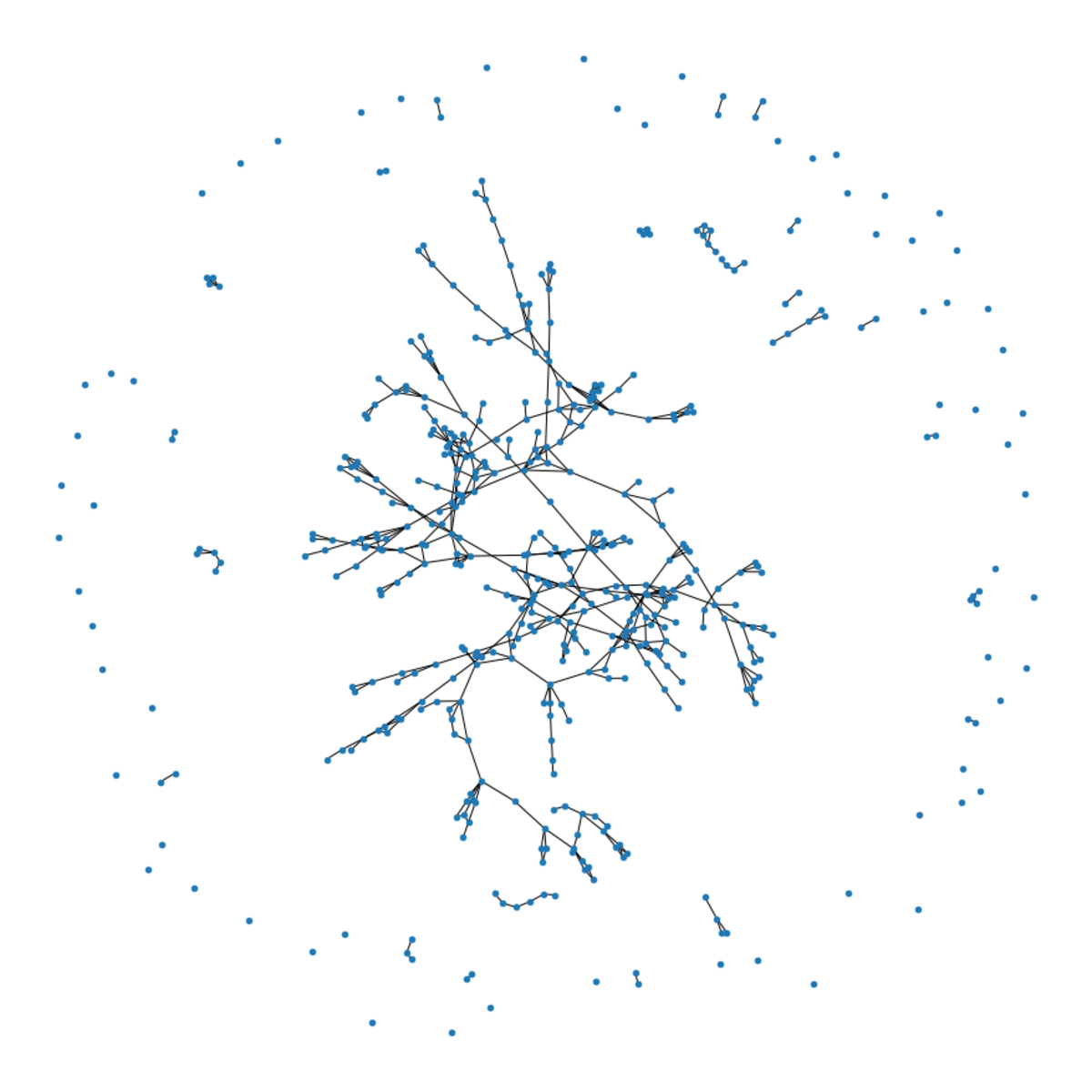Back to Courses









Math And Logic Courses - Page 4
Showing results 31-40 of 148

Mathematics for Machine Learning: PCA
This intermediate-level course introduces the mathematical foundations to derive Principal Component Analysis (PCA), a fundamental dimensionality reduction technique. We'll cover some basic statistics of data sets, such as mean values and variances, we'll compute distances and angles between vectors using inner products and derive orthogonal projections of data onto lower-dimensional subspaces. Using all these tools, we'll then derive PCA as a method that minimizes the average squared reconstruction error between data points and their reconstruction.
At the end of this course, you'll be familiar with important mathematical concepts and you can implement PCA all by yourself. If you’re struggling, you'll find a set of jupyter notebooks that will allow you to explore properties of the techniques and walk you through what you need to do to get on track. If you are already an expert, this course may refresh some of your knowledge.
The lectures, examples and exercises require:
1. Some ability of abstract thinking
2. Good background in linear algebra (e.g., matrix and vector algebra, linear independence, basis)
3. Basic background in multivariate calculus (e.g., partial derivatives, basic optimization)
4. Basic knowledge in python programming and numpy
Disclaimer: This course is substantially more abstract and requires more programming than the other two courses of the specialization. However, this type of abstract thinking, algebraic manipulation and programming is necessary if you want to understand and develop machine learning algorithms.

Calculus: Single Variable Part 2 - Differentiation
Calculus is one of the grandest achievements of human thought, explaining everything from planetary orbits to the optimal size of a city to the periodicity of a heartbeat. This brisk course covers the core ideas of single-variable Calculus with emphases on conceptual understanding and applications. The course is ideal for students beginning in the engineering, physical, and social sciences. Distinguishing features of the course include: 1) the introduction and use of Taylor series and approximations from the beginning; 2) a novel synthesis of discrete and continuous forms of Calculus; 3) an emphasis on the conceptual over the computational; and 4) a clear, dynamic, unified approach.
In this second part--part two of five--we cover derivatives, differentiation rules, linearization, higher derivatives, optimization, differentials, and differentiation operators.

What is “the mind” and what is artificial intelligence?
In this course, we will explore the history of cognitive science and the way these ideas shape how we think of artificial cognition.

Mathematics for Machine Learning: Linear Algebra
In this course on Linear Algebra we look at what linear algebra is and how it relates to vectors and matrices. Then we look through what vectors and matrices are and how to work with them, including the knotty problem of eigenvalues and eigenvectors, and how to use these to solve problems. Finally we look at how to use these to do fun things with datasets - like how to rotate images of faces and how to extract eigenvectors to look at how the Pagerank algorithm works.
Since we're aiming at data-driven applications, we'll be implementing some of these ideas in code, not just on pencil and paper. Towards the end of the course, you'll write code blocks and encounter Jupyter notebooks in Python, but don't worry, these will be quite short, focussed on the concepts, and will guide you through if you’ve not coded before.
At the end of this course you will have an intuitive understanding of vectors and matrices that will help you bridge the gap into linear algebra problems, and how to apply these concepts to machine learning.

Analytic Combinatorics
Analytic Combinatorics teaches a calculus that enables precise quantitative predictions of large combinatorial structures. This course introduces the symbolic method to derive functional relations among ordinary, exponential, and multivariate generating functions, and methods in complex analysis for deriving accurate asymptotics from the GF equations.
All the features of this course are available for free. It does not offer a certificate upon completion.

Operations Research (2): Optimization Algorithms
Operations Research (OR) is a field in which people use mathematical and engineering methods to study optimization problems in Business and Management, Economics, Computer Science, Civil Engineering, Electrical Engineering, etc.
The series of courses consists of three parts, we focus on deterministic optimization techniques, which is a major part of the field of OR.
As the second part of the series, we study some efficient algorithms for solving linear programs, integer programs, and nonlinear programs.
We also introduce the basic computer implementation of solving different programs, integer programs, and nonlinear programs and thus an example of algorithm application will be discussed.

Fundamental Linear Algebra Concepts with Python
In this course, you'll be introduced to finding inverses and matrix algebra using Python. You will also practice using row reduction to solve linear equations as well as practice how to define linear transformations. Let's get started!

Regression Modeling Fundamentals
This introductory course is for SAS software users who perform statistical analyses using SAS/STAT software. The focus is on t tests, ANOVA, and linear regression, and includes a brief introduction to logistic regression.

Network Data Science with NetworkX and Python
In this 1-hour long project-based course, you are going to be able to perform centrality network analysis and visualization on educational datasets, to generate different kinds of random graphs which represents social networks, and to manipulate the graph and subgraph structures, allowing you to break and get insights on complex structures.
This guided project is for people who want to incorporate network data science skills into their technology portfolio. This is a topic of interest to researchers, marketers, consultants and practitioners associated with the knowledge areas of social science, marketing, social media, operational research and complexity science.
Note: This course works best for learners who are based in the North America region. We’re currently working on providing the same experience in other regions.

Precalculus: Periodic Functions
This course helps to build the foundational material to use mathematics as a tool to model, understand, and interpret the world around us. This is done through studying functions, their properties, and applications to data analysis. Concepts of precalculus provide the set of tools for the beginning student to begin their scientific career, preparing them for future science and calculus courses. This course is designed for all students, not just those interested in further mathematics courses. Students interested in the natural sciences, computer sciences, psychology, sociology, or similar will genuinely benefit from this introductory course, applying the skills learned to their discipline to analyze and interpret their subject material. Students will be presented with not only new ideas, but also new applications of an old subject. Real-life data, exercise sets, and regular assessments help to motivate and reinforce the content in this course, leading to learning and mastery.
Popular Internships and Jobs by Categories
Find Jobs & Internships
Browse
© 2024 BoostGrad | All rights reserved